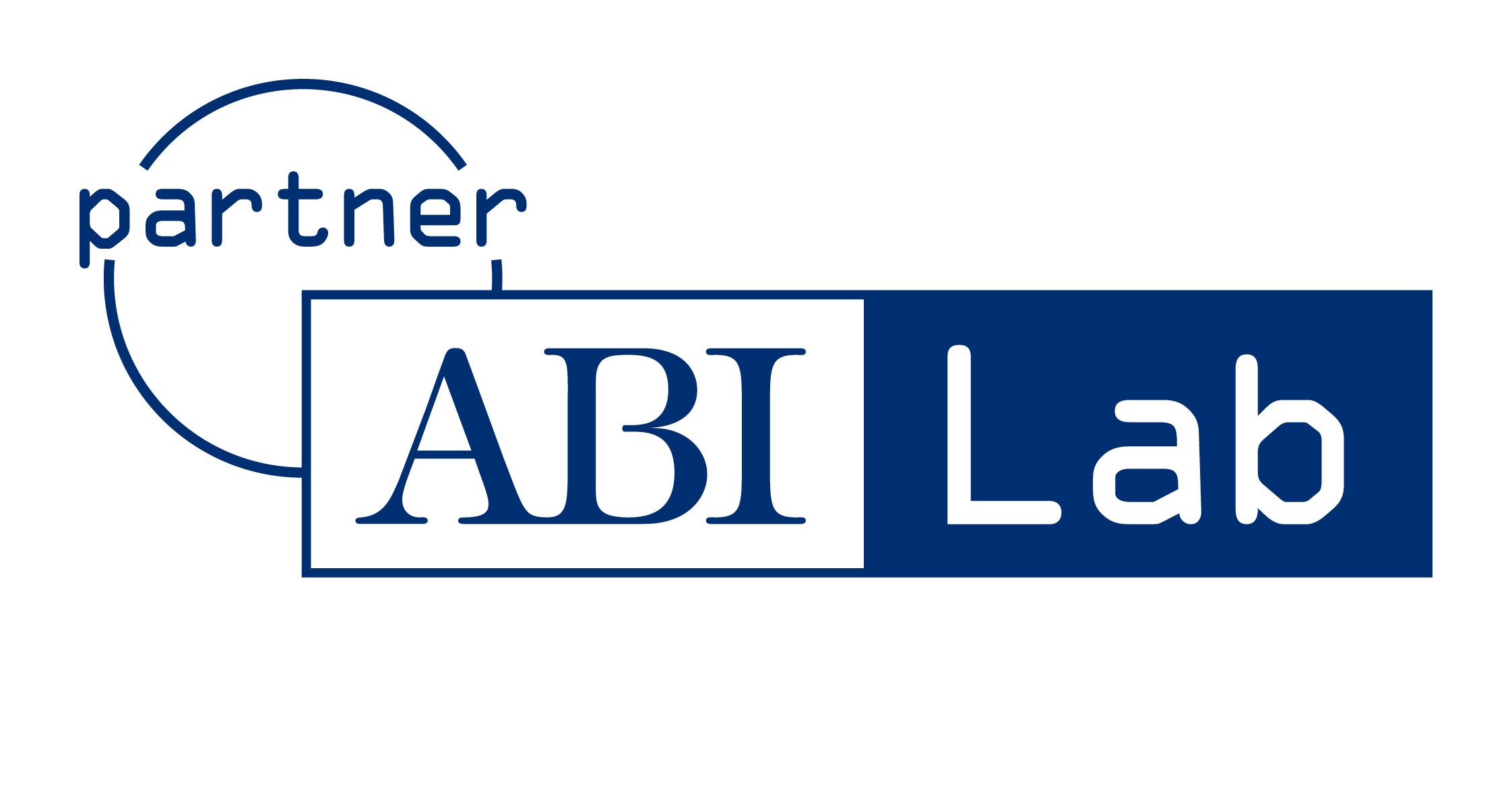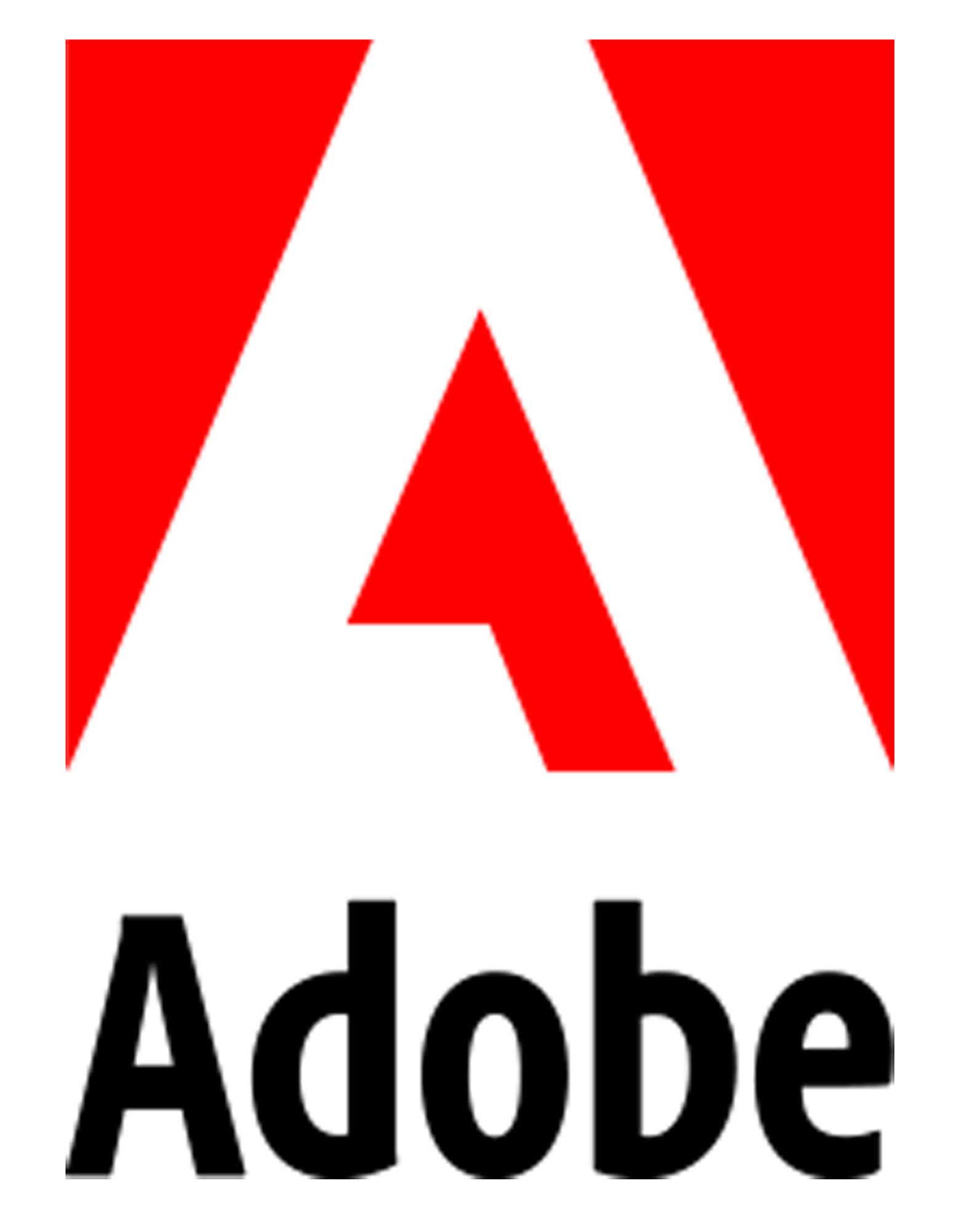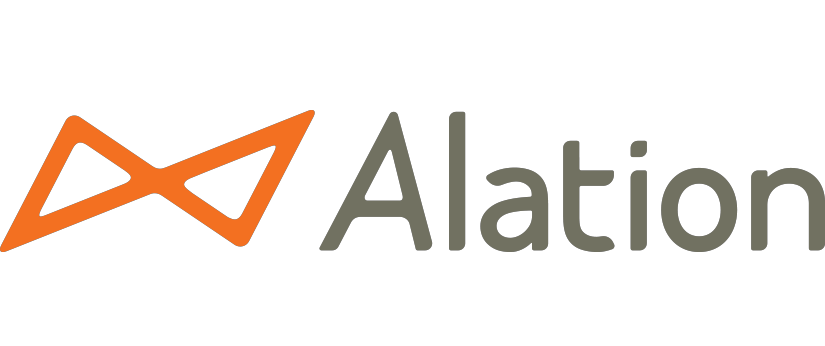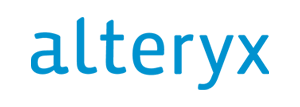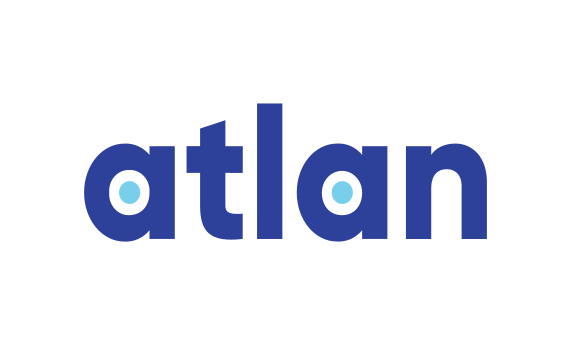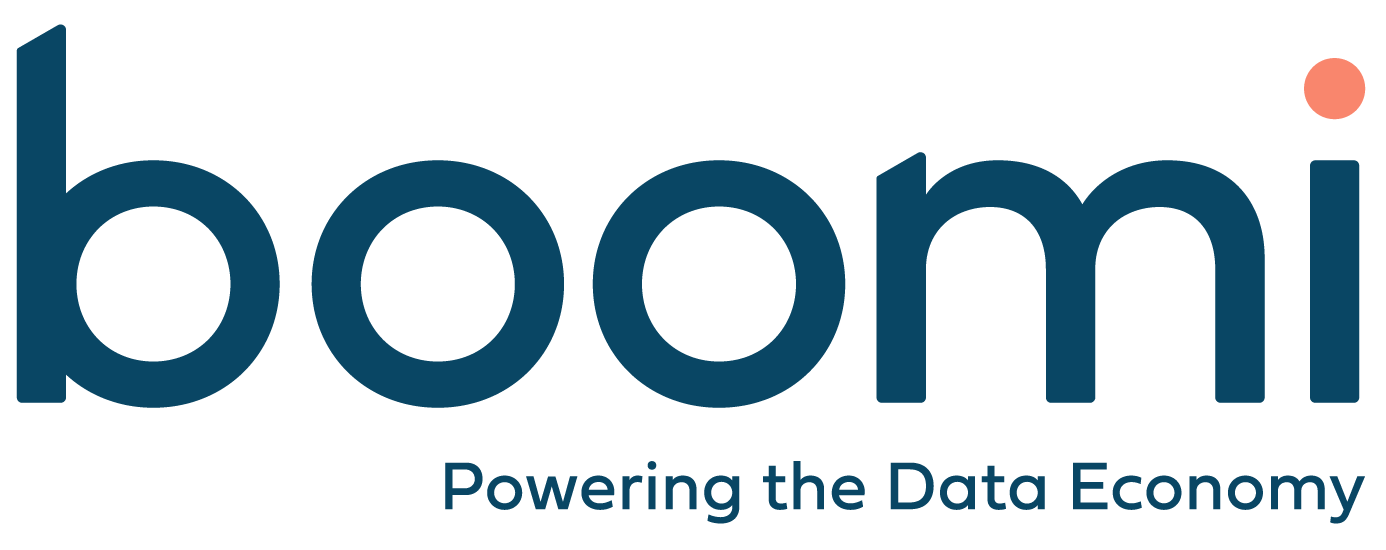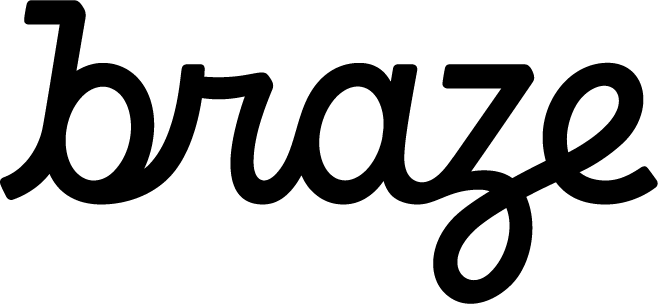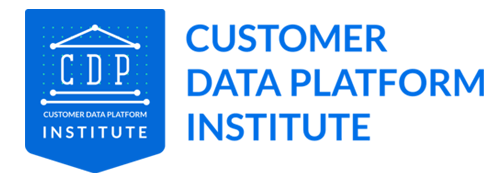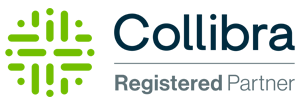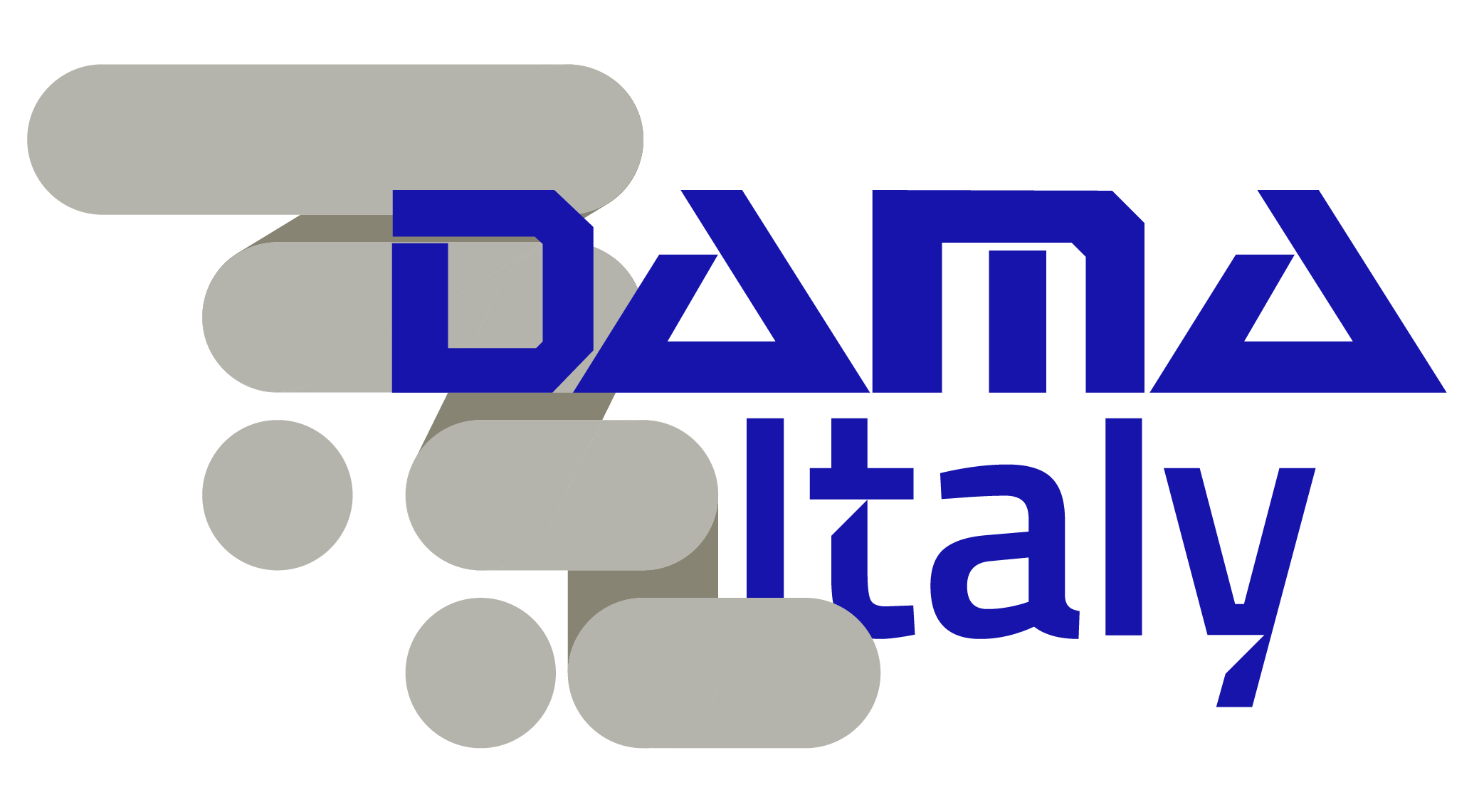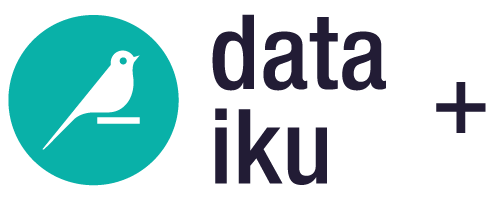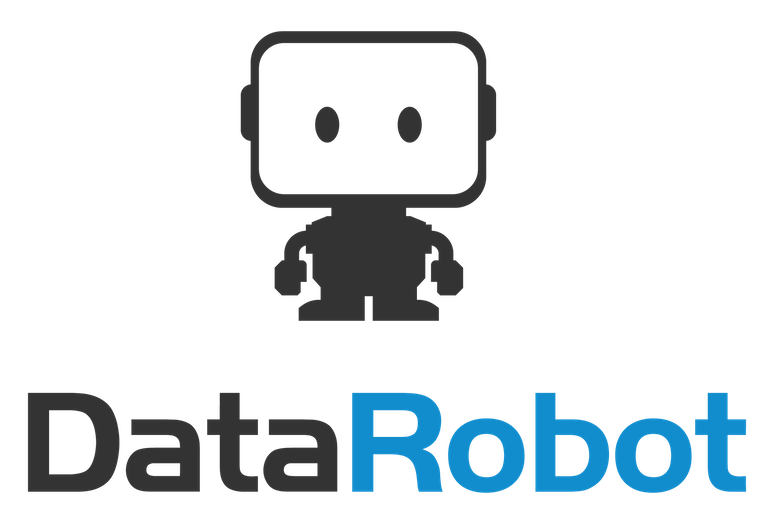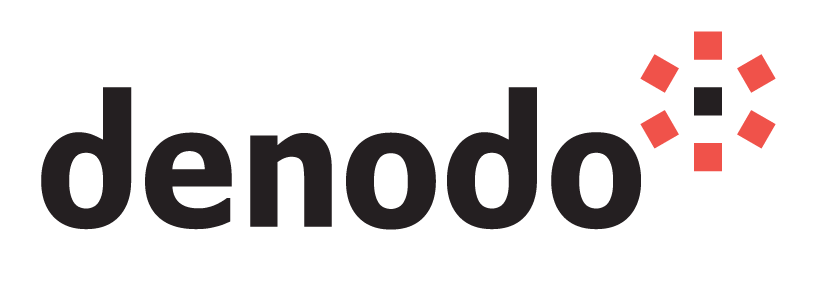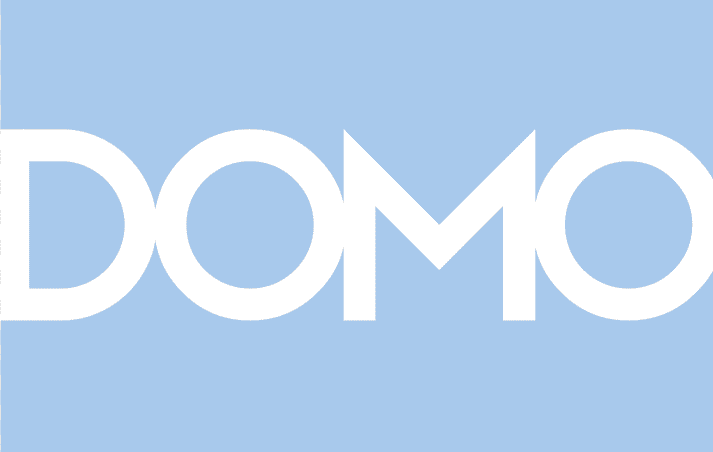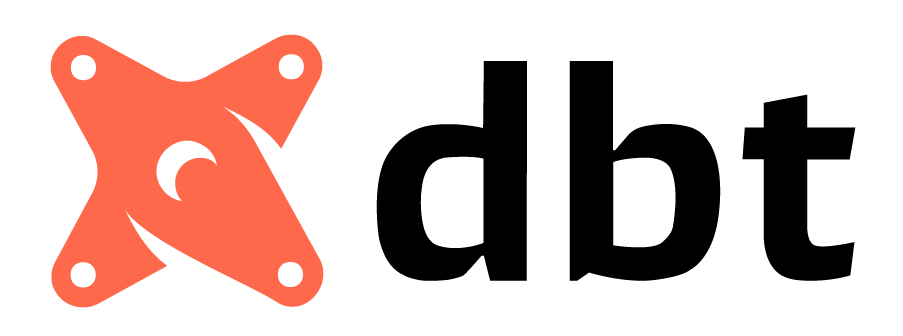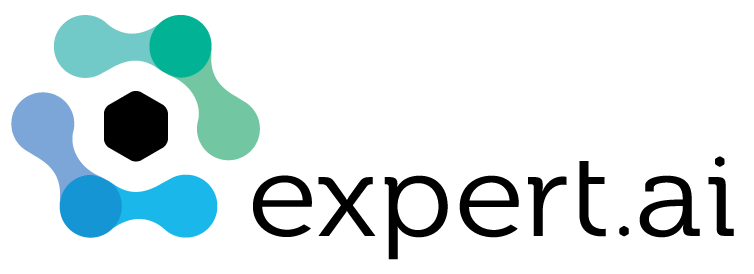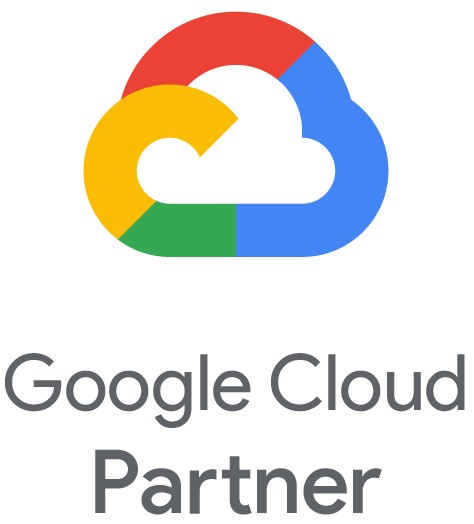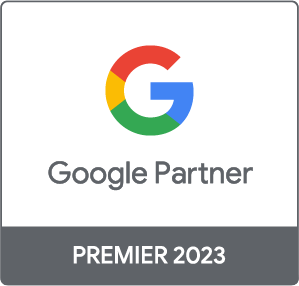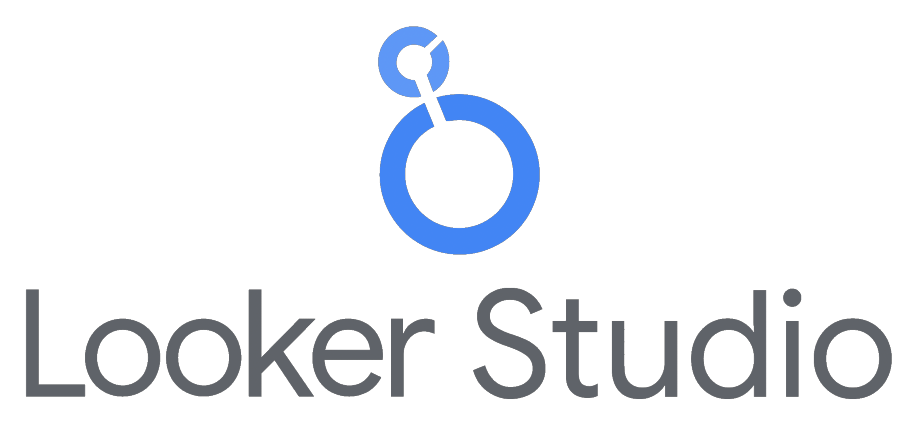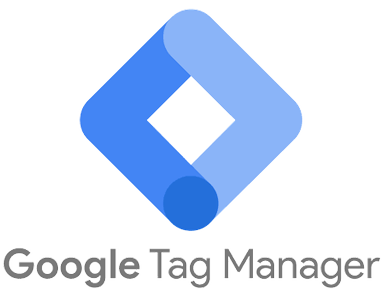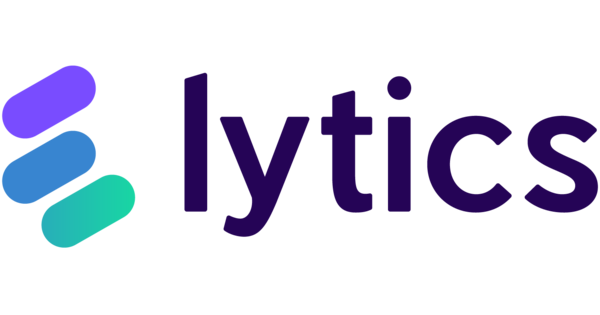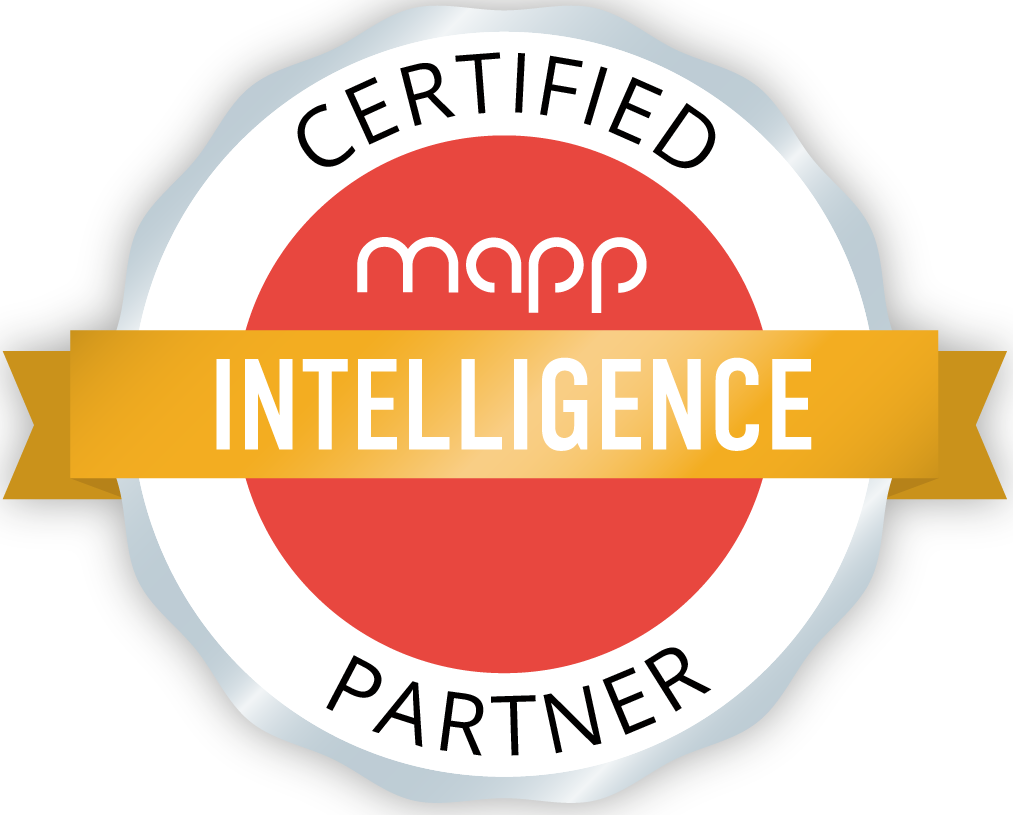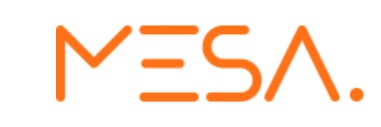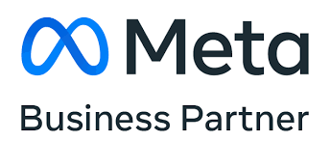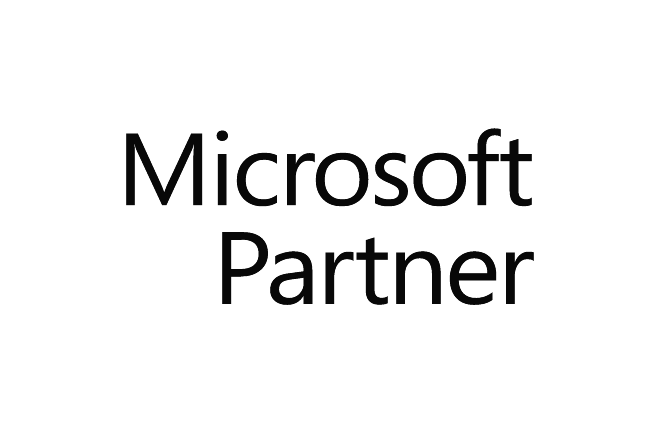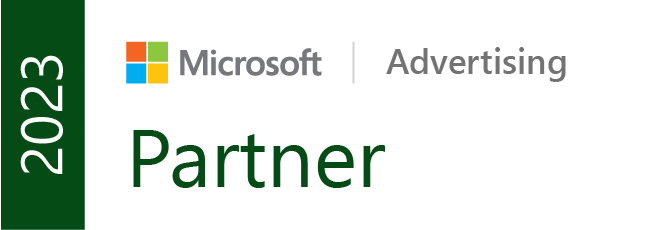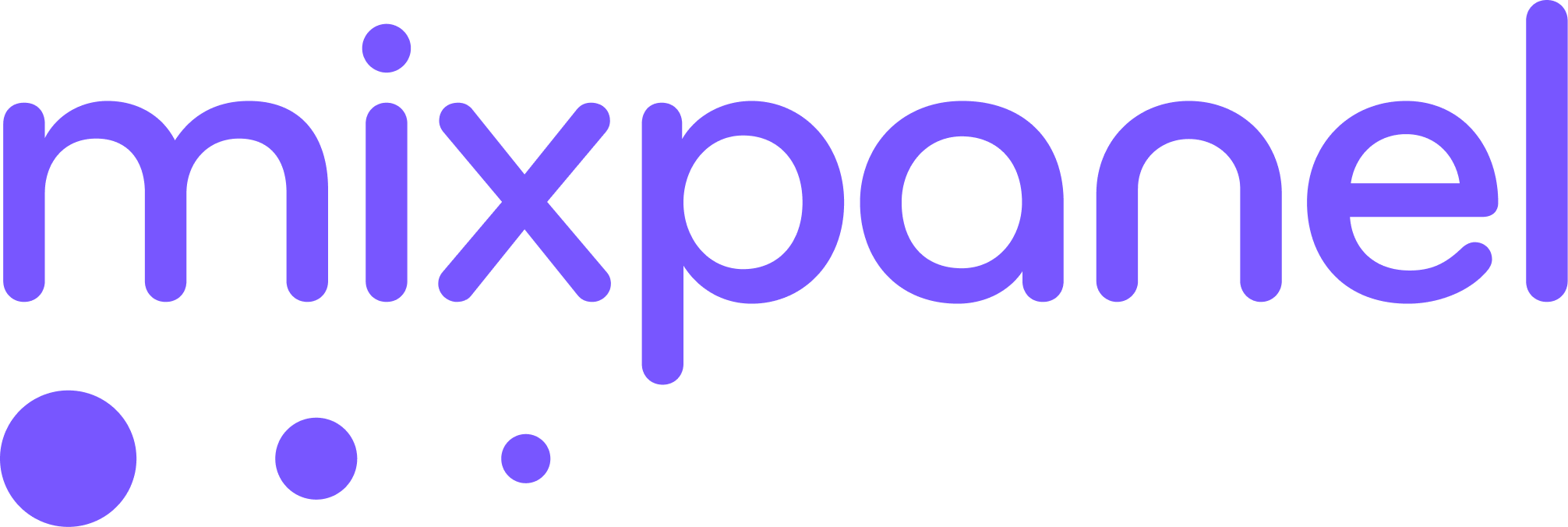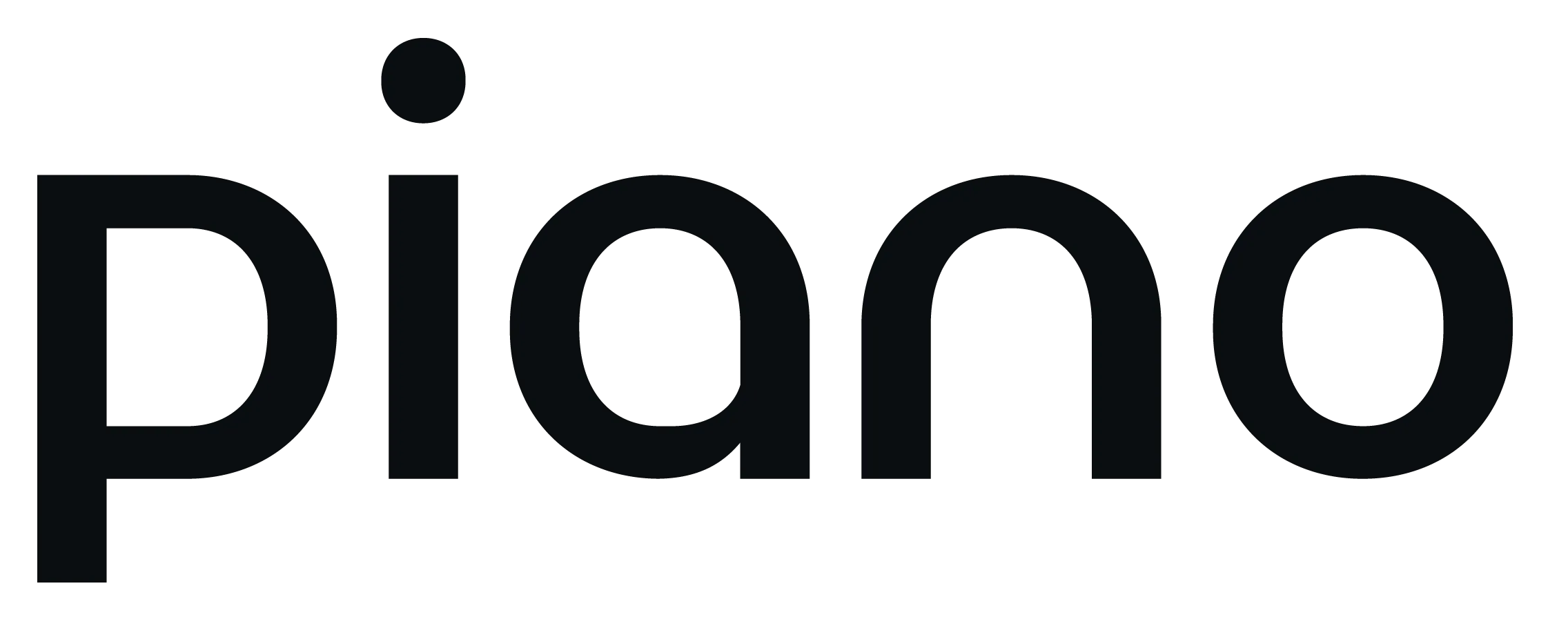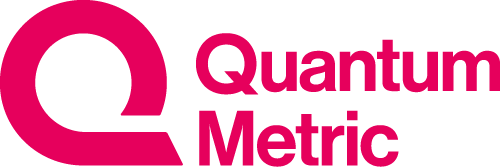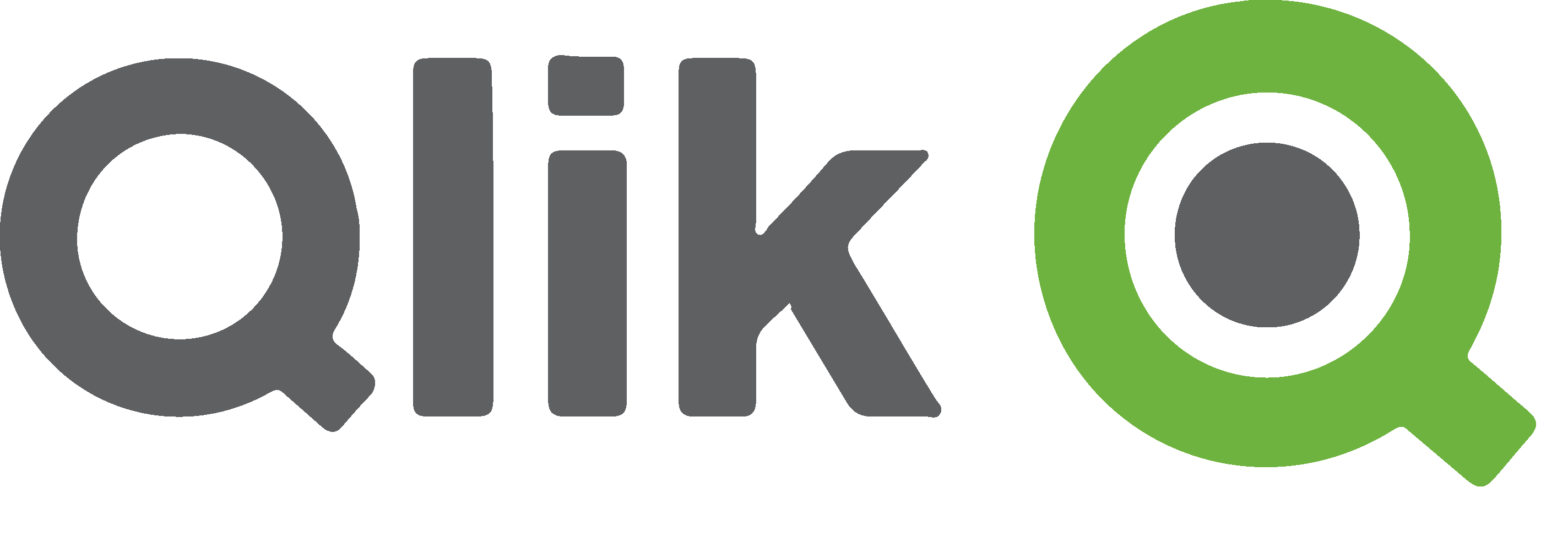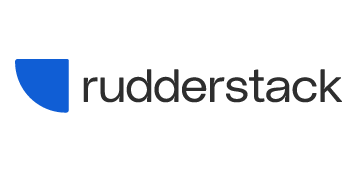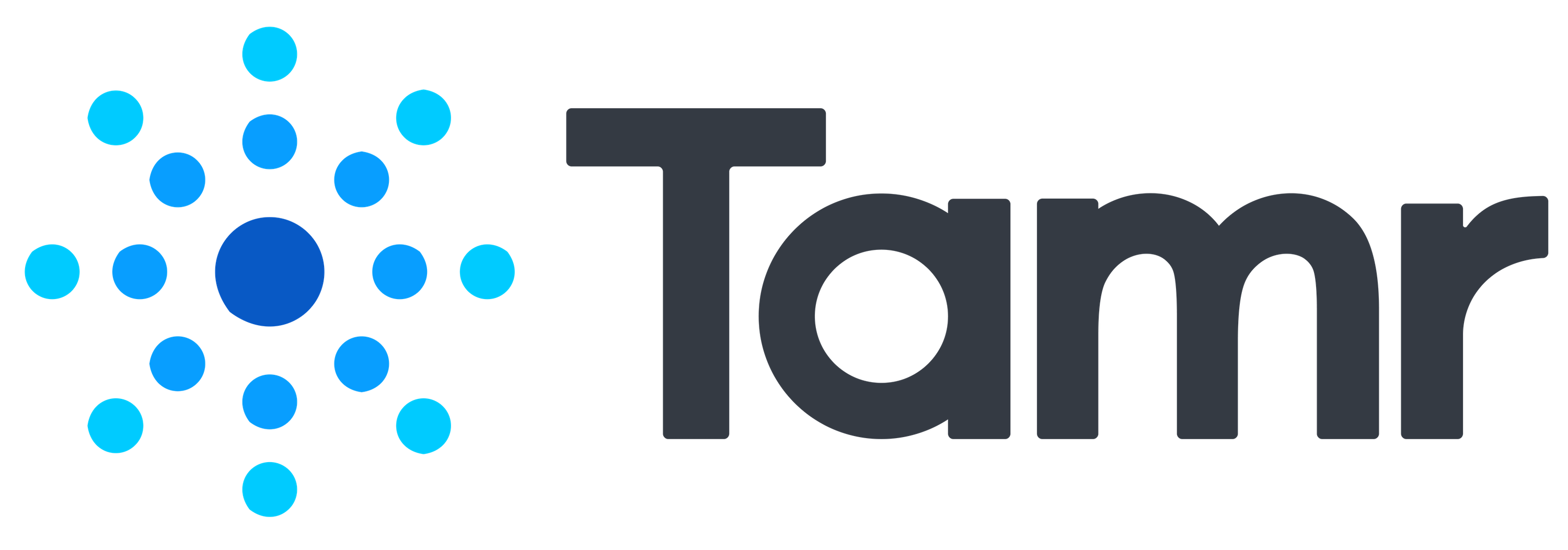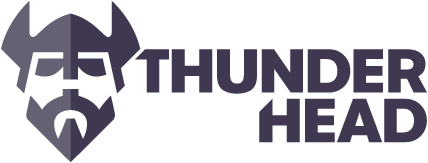Leroy Merlin, in collaboration with BitBang, has constructed a data hub on Google Cloud. This hub is designed to model and interconnect datasets with billions of rows that are updated daily. The implemented Data Governance policies ensure data quality, clarify semantics, and define a unique KPI framework. This provides the company with ownership of its data in a format that is optimal for creating dashboards, conducting advanced analyses, or designing custom measurement models.

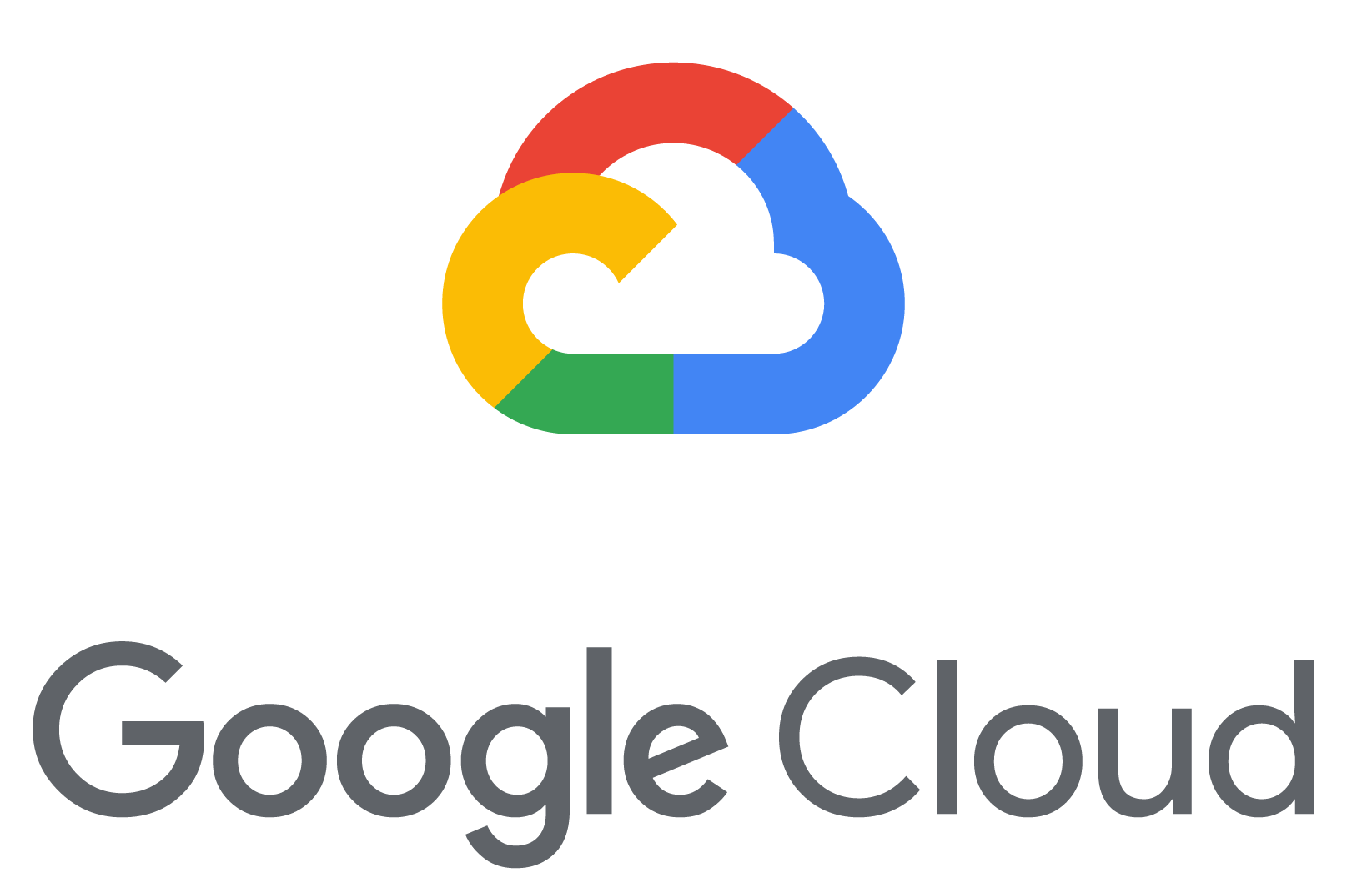
The Client
Leroy Merlin is part of the Adeo Group, a leader in the specialized retail sector for DIY products. Leroy Merlin is a company with a strong focus on customer proximity and an equally strong commitment to sharing best practices at the Group’s community platform level.
BitBang's Role
BitBang has mobilized several specialized teams, ranging from Digital Analytics to Data Preparation, to ensure a consistent project workflow. By employing complementary tools and approaches, these teams have contributed to creating an organic, tailor-made, and effectively governed Data Analysis environment.
The Challenge
The Adeo Group has selected a new Digital Analytics platform to replace the former Google Analytics service. Thid decision was driven by the need to comply with regulatory constraints imposed by the French Data Protection Authority.
Updating all tracking points, however, is just the first step. The introduction of the new system also entails aligning the data gathered from both platforms for comparability. It also presents an opportune moment to distinctly define the calculation of some custom brand indicators.
Managing Digital Analytics datasets involves addressing specific problems, as these data are counted in billions of rows, are complex from an informational point of view, and are essentially updated in real time. In addition, the project includes the implementation of the Group’s Data Governance policies and preparation of the system for maximum scalability.
The Solution
BitBang created two data models within BigQuery that describe the semantics of the datasets produced by the two Digital Analytics platforms and allow them to interact. Additionally, a third model encapsulates the brand’s measurement strategies, defines its KPIs, and serves as the access point for correlating Digital Analytics data with other datasets, such as the product catalog.
The long-term sustainability of the system is safeguarded by a series of measures that extend far beyond simple technical solutions. Data dictionaries establish a common understanding of business concepts, while a centralized framework collects the KPI definitions. Automatic alerts notify stakeholders when anomalous values appear, providing the necessary context with an attached document. DataForm traces lineage, which allows the system to maintain granularity, efficiency, control, and data quality.
The Results
Ready-To-Use Data
“Ready to use” data that does not require additional manipulations, with rapid refresh times and minimal consumption.
From 40 to 150 Daily Analyses
The number of daily analyses has increased from 40 to 150 in less than a year. These analyses now feed over 20 dashboards across Looker, Looker Studio, and PowerBI.
Total Control
Three Digital Analytics data models updated in parallel allow divergences to be checked and new KPIs to be tested, even with reference to historical data.
Shared Achievements
Results and working methods shared with the Group and involving over 10 different teams.
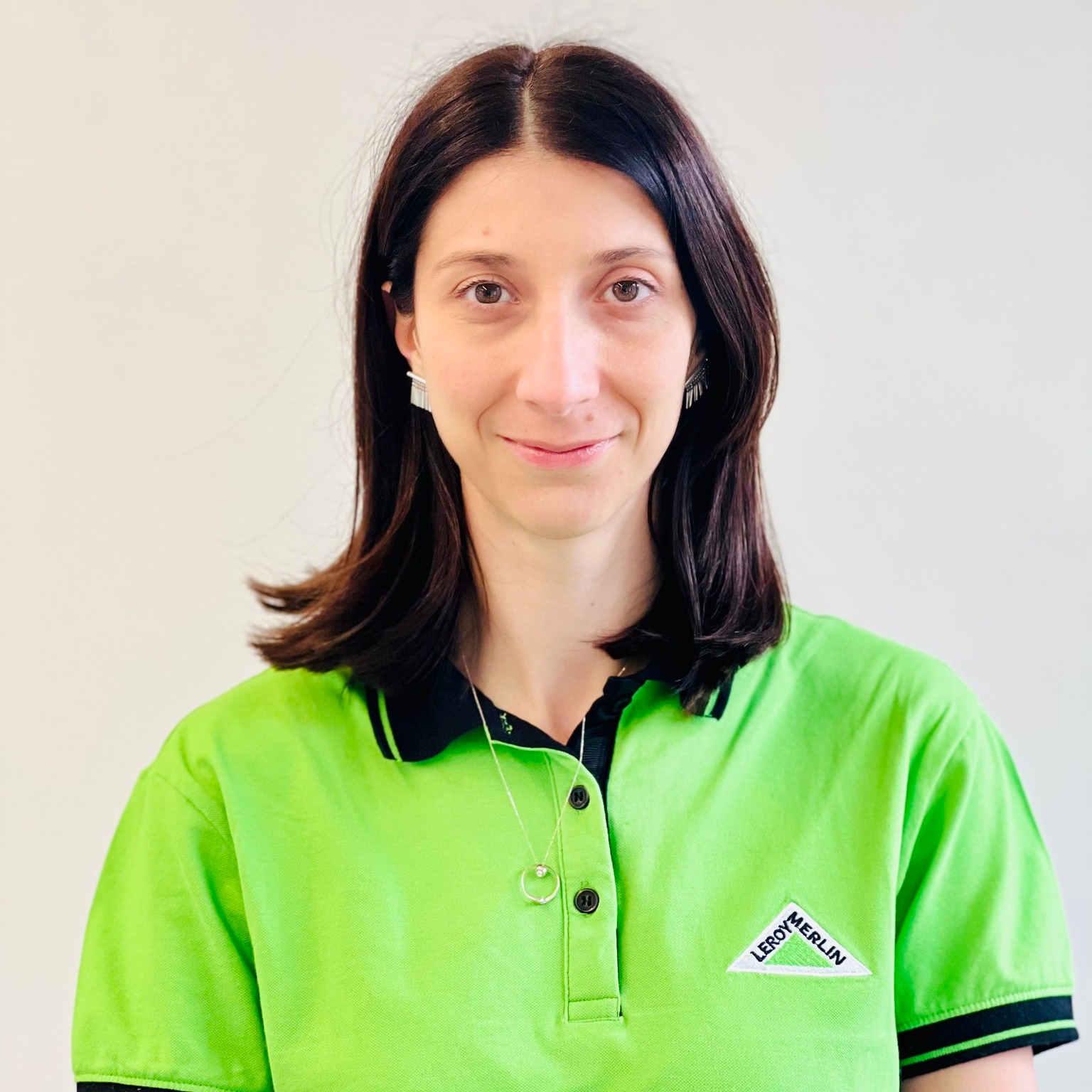
The creation and optimization of the data model have proven to be fundamental, granting us unprecedented independence in generating value from our data. Metrics and practices are no longer subordinate to tools but shaped by our business concepts and shared across teams.
Pamela Mancuso
Head of Data Strategy & CRO – Leroy Merlin


